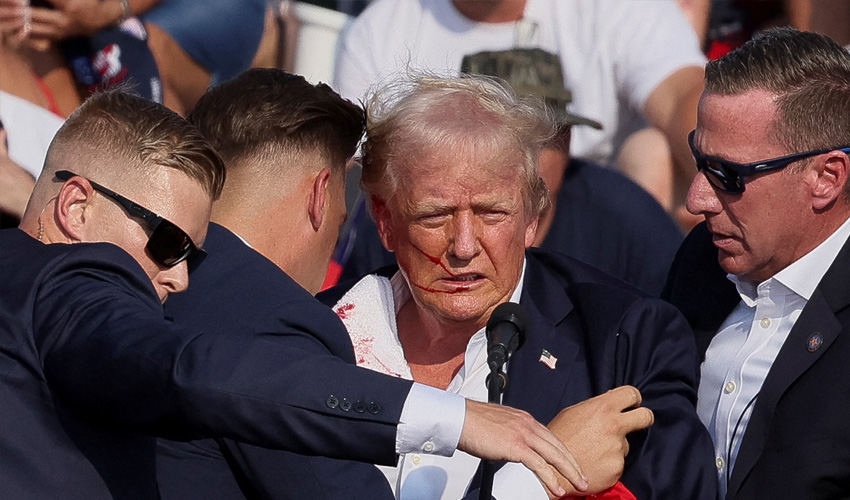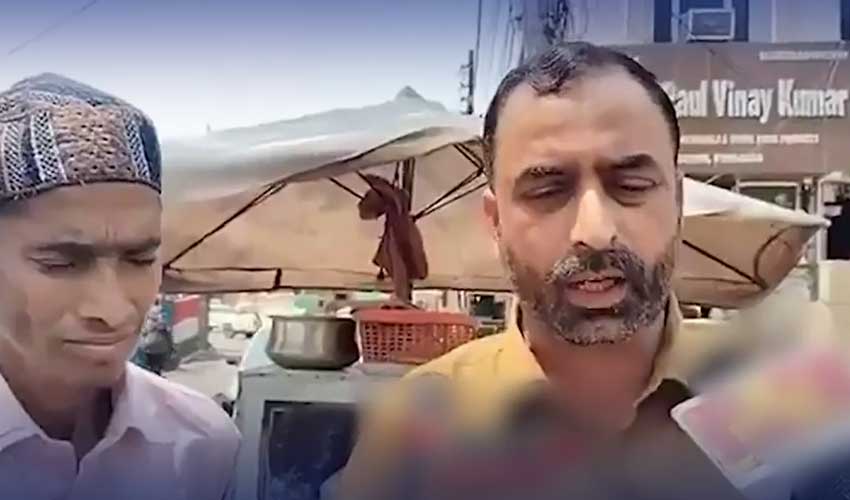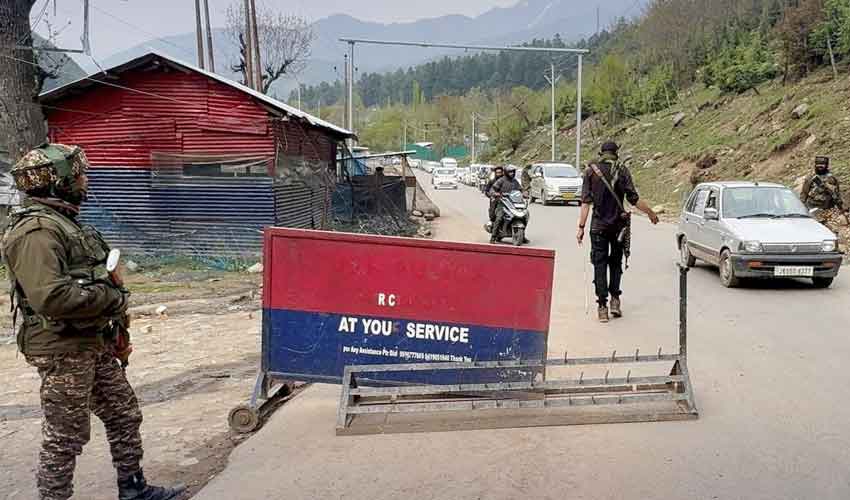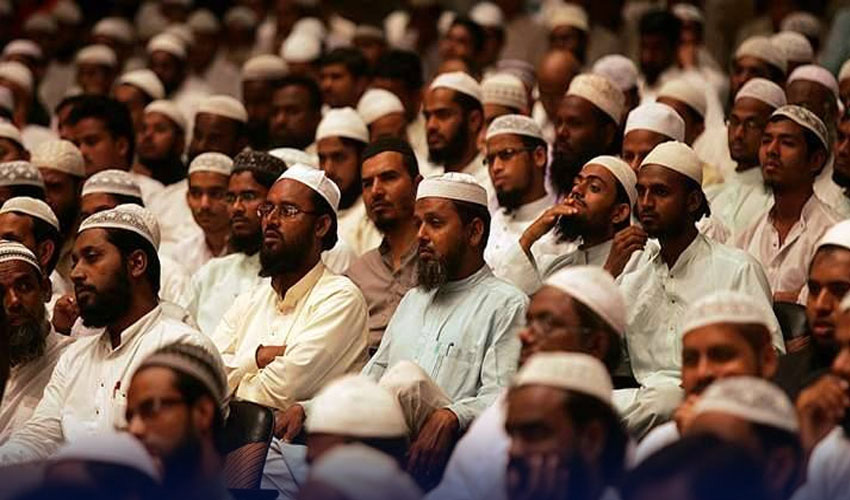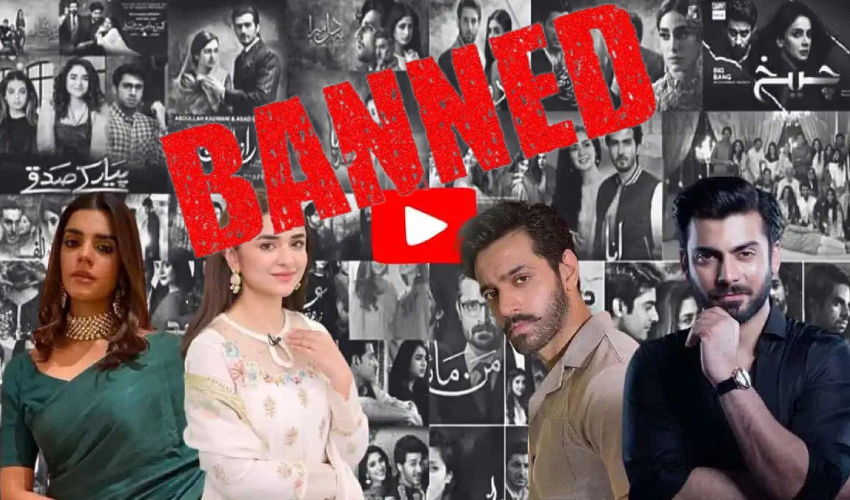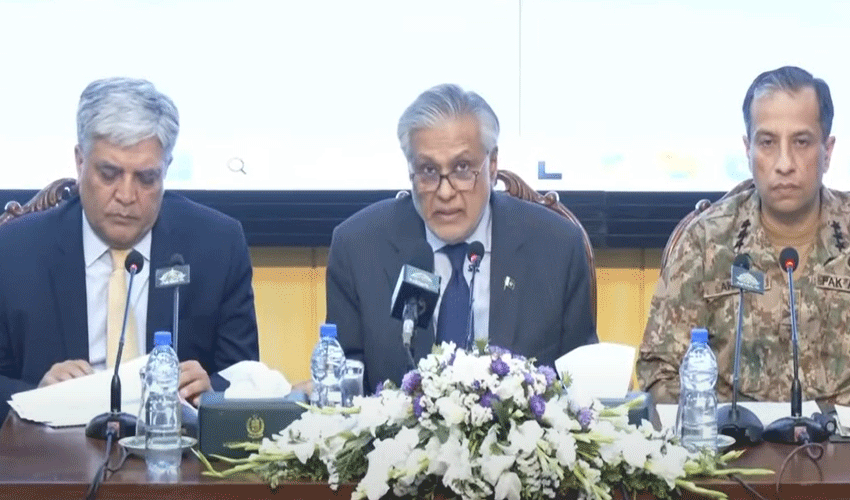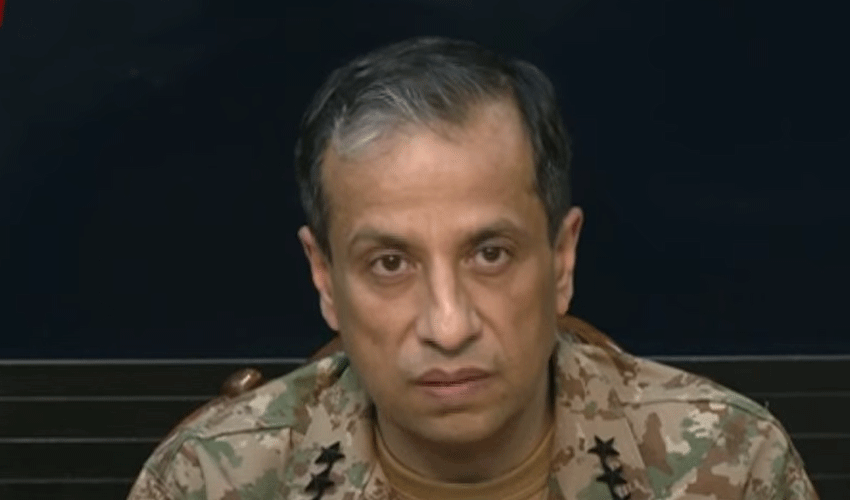The United States Secret Service has admitted to denying several requests for additional security resources for former President Donald Trump in the years leading up to the attempted assassination on July 13.
The disclosure comes from a report by The New York Times, which highlights a critical lapse in the protection of high-profile individuals.
Secret Service spokesperson Anthony Guglielmi confirmed to the New York Times that the agency had turned down requests for extra federal security assets for Trump’s protection.
However, Guglielmi clarified that these requests were not specifically related to the rally in Butler, Pennsylvania, where the attack occurred. At that event, 20-year-old Thomas Matthew Crooks fired upon the Republican presidential candidate, injuring him and killing an individual in the crowd.
According to The Washington Post, which cited four unnamed sources, previous appeals for additional security by Trump’s detail were consistently rejected. Initially, Guglielmi had refuted claims that any requests for increased resources had been denied.
He now emphasizes that the Secret Service operates in a “dynamic threat environment” and must adapt its strategies accordingly. In some cases, the agency sought alternatives, such as collaborating with state and local partners to ensure the protectee's security.
The Secret Service's handling of the situation has come under intense scrutiny, particularly following the failed assassination attempt. Director Kimberly Cheatle, who faces mounting criticism, is set to testify before the House Committee on Oversight and Accountability. The agency has yet to hold a press conference or public briefing on the matter, further fueling criticism.
In response to the incident, Trump expressed frustration, claiming that he was not alerted to any security threats before the Pennsylvania rally. “Nobody mentioned it, nobody said there was a problem,” Trump told Fox News. “I would’ve waited for 15 minutes, they could’ve said let’s wait for 15 minutes, 20 minutes, five minutes, something. Nobody said.” He questioned how the attacker managed to access the roof where snipers were stationed and criticized the lack of a timely warning.
The Secret Service faces additional scrutiny over its coordination with local law enforcement and its failure to prevent the attacker from penetrating the event perimeter. The NYT report also notes concerns about insufficient metal detectors and the denial of requests for specially trained dogs to search the rally area.





